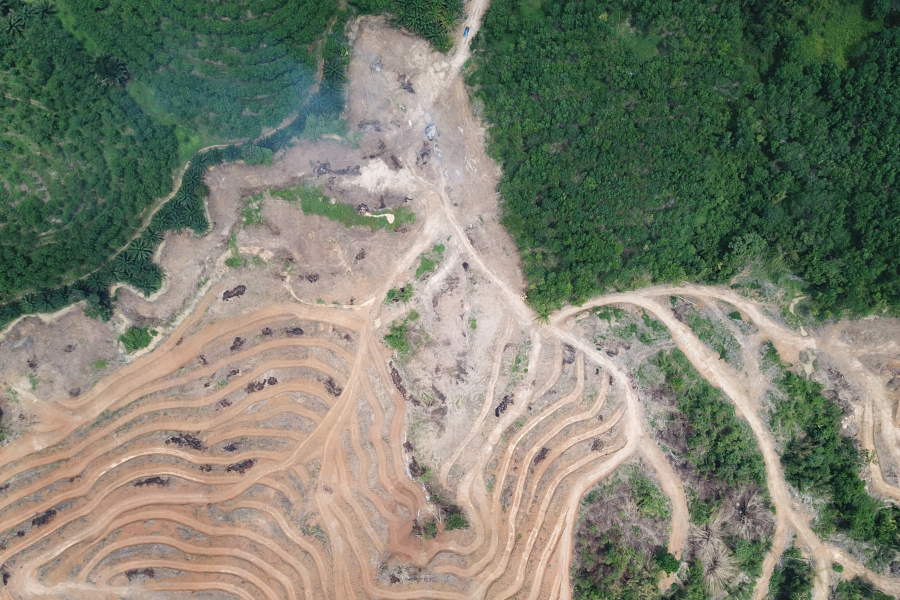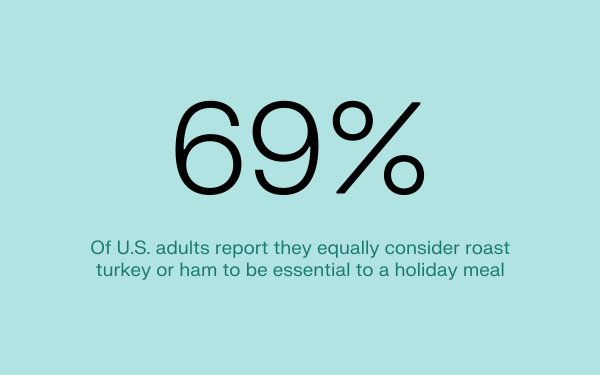COP30 in Belém, which ended over the weekend, sought to close the gap between climate pledges and real-world investment following news the world will miss limiting the rise in global temperatures to 1.5 degrees Celsius. But deep divisions among nearly 200 participating countries – and an absent U.S. – prevented concrete progress, leaving many to question the ongoing efficacy of a formal United Nations-led process.
Although the final agreement contained no roadmap for transitioning away from fossil fuels, as a growing coalition of countries had hoped for, 80 countries pledged to begin that work. Action from governors, mayors and business leaders both within and outside the formal negotiations offered another bright spot during the two-week event.
But, emblematic of the challenges in attracting public financing, only six countries pledged $58.5 million to the Adaptation Fund – for actions like building flood barriers and protecting vulnerable nations’ coastlines – a fraction of the UN's estimated $310 billion annual need.
Host Brazil launched the Tropical Forest Forever Facility, a multibillion-dollar fund paying countries to protect forests, which secured $6.7 billion, along with commitments to triple adaptation finance by 2035, but fell short of its $25 billion goal.
Next year’s COP in Turkey will face many of the same challenges with mounting urgency.



